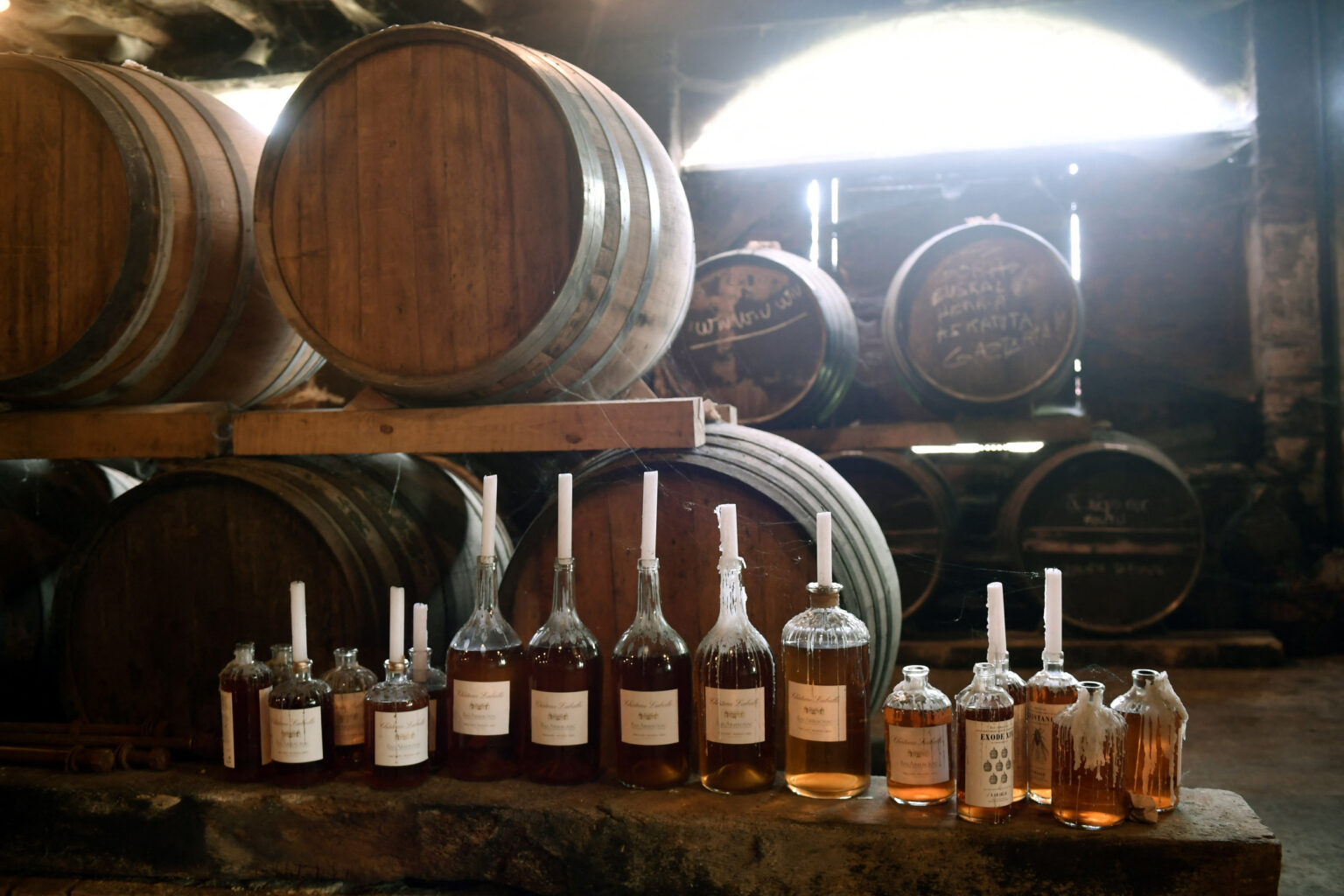China’s trade spat with the European Union deepened as Beijing introduced tariffs of up to 30 percent on brandy originating in the 27-member bloc.
Beijing’s commerce ministry announced the tit-for-tat measures on Tuesday, saying its anti-dumping probe launched in January had determined European brandy imports posed a “threat of material injury” to domestic producers.
Until recently, the country’s domestic brandy industry was booming on the back of strong economic growth and a growing appetite for premium spirits. The Chinese brandy market posted a 3.7 percent compound annual growth rate between 2017 and 2022, according to a GlobalData report,
However, China’s soft post-pandemic consumer demand has left its mark. Sales of spirits and wine were down by 9 percent and 14 percent last year, respectively, while beer was up 3 percent, industry analytics firm IWSR reported earlier in 2024.
A commerce ministry spokesperson told reporters on Tuesday that separate investigations into the suspected dumping of European dairy and pork products are ongoing.
The announcement came just days after the EU finalized duties of up to 45 percent on Chinese electric vehicles (EVs) over what the bloc says are unfair Chinese state subsidies. Chinese EV exports to EU states have soared from a 3 percent market share to more than 20 percent over the past three years, according to a June report from the U.S. Energy Information Administration.
China’s commerce ministry blasted Brussels’ tariff hikes, telling the press: “The EU’s protectionist practices have seriously violated WTO rules and disrupted the normal international trade order, which not only hindered China-EU trade and investment cooperation, delayed the EU’s own green transformation process, but also affected the global joint efforts to deal with climate change.”
The ministry then warned that it would also “take all measures” to protect local businesses.
The European Union Commission has said it will challenge China’s brandy tariffs at the World Trade Organization, calling them an “abuse of trade defense.”
“This is the new reality. The EU has been unequipped for far too long to protect its interests, and now there is a time and maybe momentum to push back but also to do so collectively,” Zsuzsa Anna Ferenczy, a Taiwan-based academic and fellow at Munich-based think tank the Agora Strategy Institute, told Taiwanese public media agency TaiwanPlus.
“So that not only sends a message to China, but also deters and also creates a level playing field,” she added.
The Chinese foreign ministry didn’t immediately respond to a written request for comment.
Read the full article here

